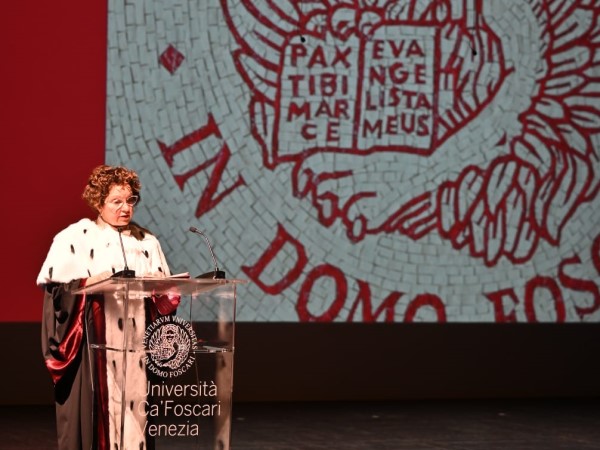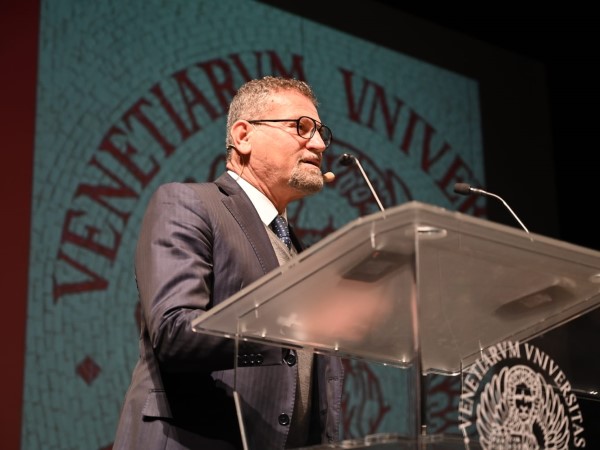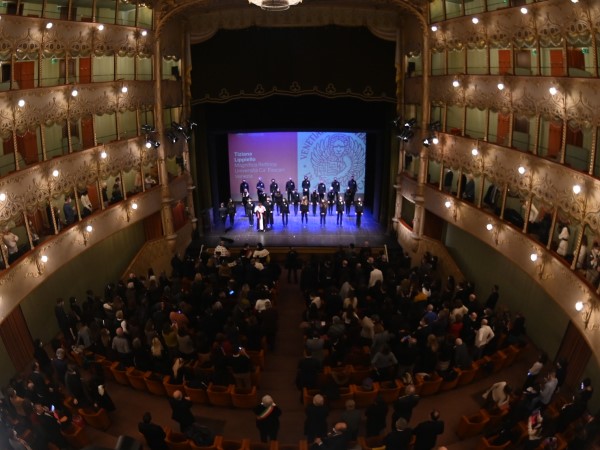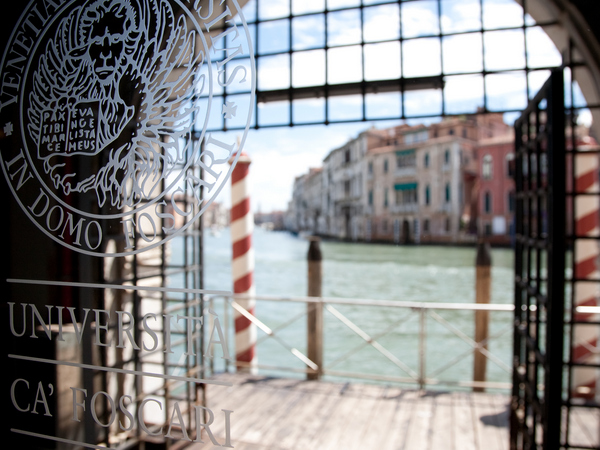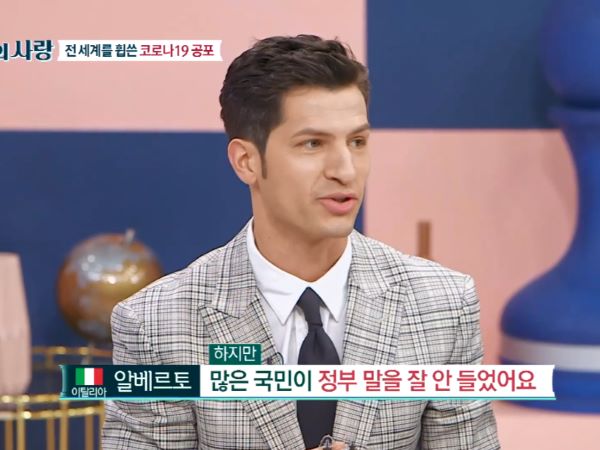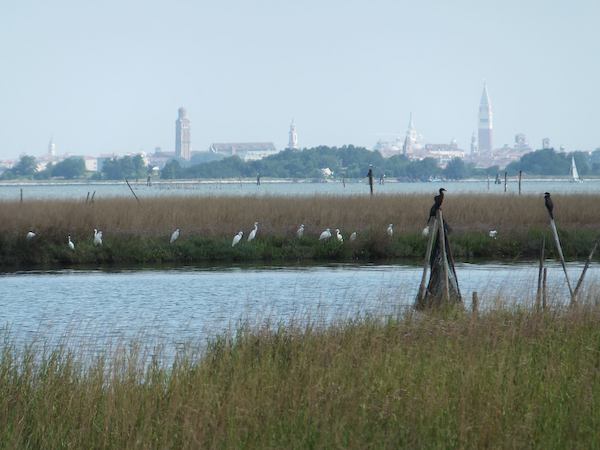On 16 February, Tiziana Lippiello, Rector of Ca’ Foscari University of Venice, inaugurated the 2021/2022 Academic Year — the university’s 154th academic year since it was founded in 1868.
The ceremony was held at Teatro Goldoni in Venice, in the presence of Roberto Ciambetti, President of the Regional Council, Elena Donazzan, Regional Assessor for Education, and Paola Mar, Assessor of the City of Venice, Mario Conte, Mayor of the Treviso, and Maria Chiara Carrozza, President of the National Research Council of Italy.
The ceremony featured contributions from Luigi Brugnaro, Mayor of the City of Venice, who contributed with a video message, and Luca Zaia, President of the Veneto Region.
Massimo Osanna, Director General of Museums, delivered a keynote address Il sistema museale nazionale. Ricerca, tutela, valorizzazione, gestione (The National Museum System: Research, Conservation and Management).
The ceremony also included the addresses by Elisabetta Esposto, the Representative of Technical Administrative Staff and Language Assistants, and Elisa Sartorelli, the Students’ Representative.
During the event, Merit Awards were presented to the best students.
During her inaugural address, the Rector illustrated the projects that the university is currently working on and drew attention to the principles of the Statute and the university’s mission. “The university belongs to a wider community. It is involved in social life, starting from life in Venice. The university interprets challenges and offers its contribution, in terms of solutions and opportunities, with respect to the topics at the heart of the Italian and European political agenda.”
Elisabetta Esposto, the Representative of Technical Administrative Staff and Language Assistants, stated: “We believe that the Ca’ Foscari community will play an increasingly important role in the urban fabric of the city by actively participating in the policies that aim to repopulate Venice and enable everyone who lives, studies, and works in Venice to be able to afford living here.”
Students’ Representative Elisa Sartorelli added: “We are a new generation and we have witnessed what it means to be vulnerable. We are acutely aware that we are not invincible — our past is broken and our future is increasingly uncertain. As we acknowledge our limitations, we must also find strength: pain and difficulty can breed empathy, humbleness and solidarity. These are the virtues that can give new momentum to our future, to our society.”





